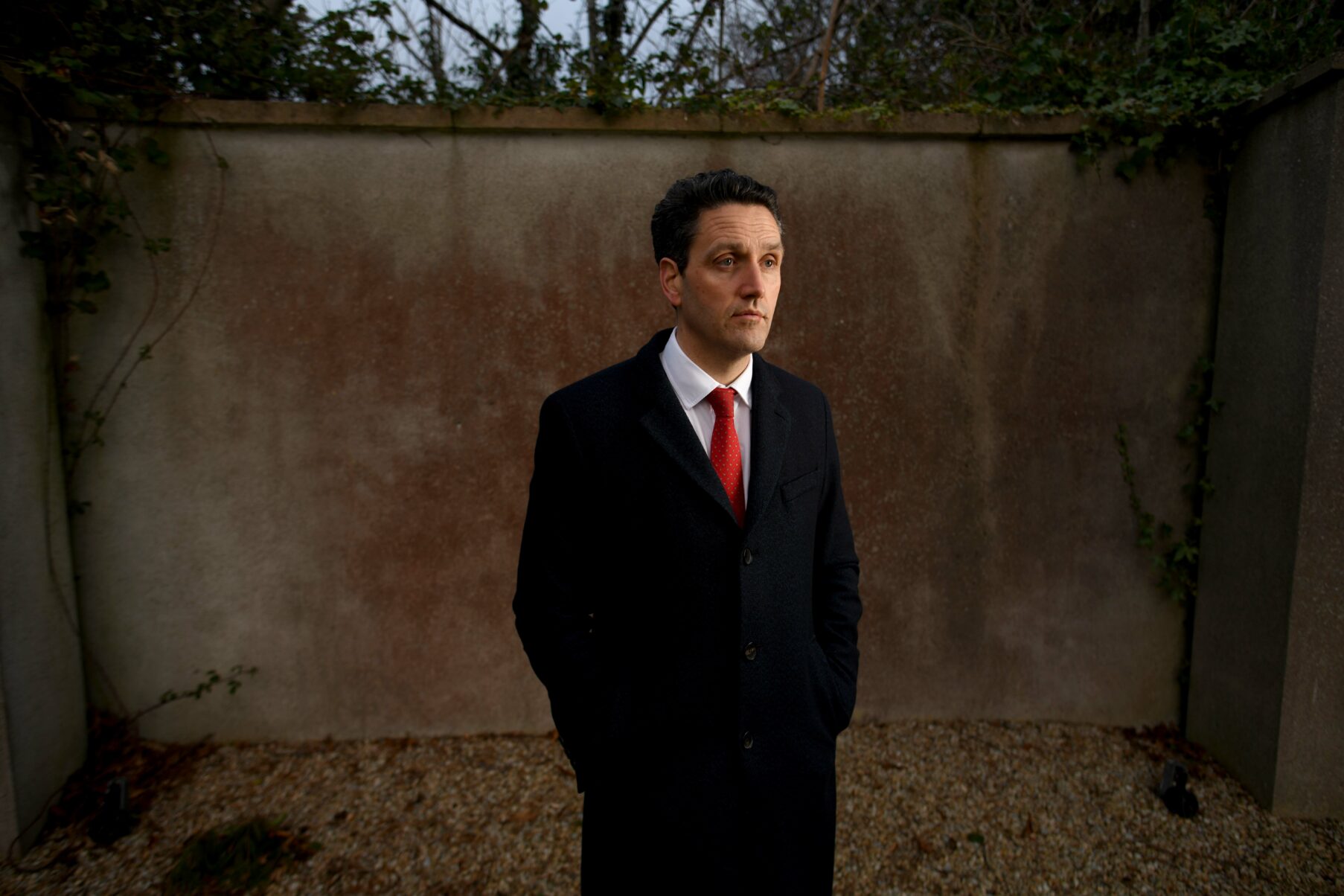Colin O’Gara does a good line in mordant laughter, sardonic grins and ironic chuckles. He even manages one response – which can only be described as a guffaw – during the couple of hours I spent with him in his office at St John of God’s in Stillorgan. The extraordinary thing for someone working in his field is that his thoughts, comments, and observations all come underpinned by hope. The hope comes not from a belief that society is evolving into one more aware of addiction or that a country like Ireland is recognising the warped relationship it has with…
Cancel at any time. Are you already a member? Log in here.
Want to read the full story?
Unlock this article – and everything else on The Currency – with an annual membership and receive a free Samsonite Upscape suitcase, retailing at €235, delivered to your door.

